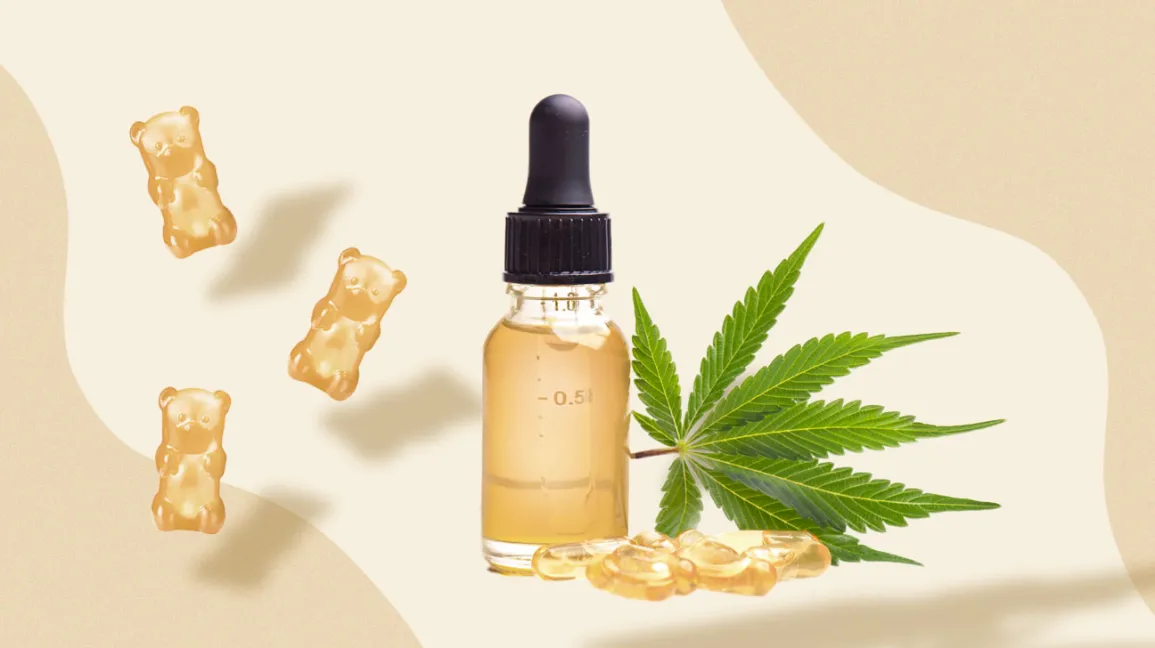
Is it OK to Consume CBD Every Day?
In recent years, cannabidiol (CBD) has garnered significant attention for its potential health benefits. Extracted from the hemp plant, CBD is a non-psychoactive compound, meaning it doesn’t produce the “high” associated with tetrahydrocannabinol (THC). Instead, it offers a range of therapeutic effects, from pain relief to anxiety reduction. As more people integrate CBD into their wellness routines, a common question arises: Is it OK to consume CBD every day? This article explores the safety, benefits, and considerations of daily CBD consumption.
Understanding CBD and Its Effects
CBD interacts with the endocannabinoid system (ECS), a complex cell-signaling system in the body that plays a crucial role in regulating various functions, including sleep, mood, appetite, and immune response. The ECS comprises endocannabinoids, receptors, and enzymes. CBD influences this system, helping to maintain balance and promote homeostasis.
Safety of Daily CBD Use
Research and Studies: Numerous studies have investigated the safety profile of CBD. According to the World Health Organization (WHO), CBD is generally well-tolerated with a good safety profile. It does not exhibit effects indicative of any abuse or dependence potential. Research has shown that even high doses of CBD (up to 1,500 mg daily) are safe for human consumption. However, these studies are typically short-term, and long-term research is still ongoing.
Side Effects: While CBD is considered safe, it can cause side effects in some individuals. Common side effects include dry mouth, diarrhea, reduced appetite, drowsiness, and fatigue. These effects are usually mild and tend to diminish with regular use as the body adjusts to CBD. It’s important to note that side effects can be influenced by the dosage, form of CBD, and individual sensitivity.
Drug Interactions: CBD can interact with certain medications, particularly those that are metabolized by the liver’s cytochrome P450 enzyme system. These interactions can alter the effectiveness of the medication or increase the risk of adverse effects. If you are taking prescription medications, it’s crucial to consult with a healthcare professional before incorporating CBD into your daily routine.
Benefits of Daily CBD Consumption
Anxiety and Stress Relief: One of the most popular uses of CBD is for anxiety and stress relief. Daily consumption of CBD can help manage anxiety disorders, reduce stress levels, and promote a sense of calm. Studies suggest that CBD interacts with serotonin receptors in the brain, which are involved in regulating mood and anxiety.
Pain Management: CBD’s anti-inflammatory and analgesic properties make it an effective option for managing chronic pain conditions such as arthritis, fibromyalgia, and neuropathic pain. Regular use of CBD can help reduce inflammation and alleviate pain, improving overall quality of life.
Improved Sleep: Many people turn to CBD for its potential to improve sleep quality. By addressing underlying issues such as anxiety and pain, CBD can help promote better sleep. Additionally, CBD may directly influence sleep patterns by interacting with receptors that regulate the sleep-wake cycle.
Neuroprotection: Emerging research suggests that CBD may have neuroprotective properties, making it a potential treatment for neurodegenerative diseases like Alzheimer’s and Parkinson’s. Daily consumption of CBD may help protect brain cells and support cognitive function.
General Wellness: CBD is also used as a daily supplement for overall wellness. Its antioxidant and anti-inflammatory properties can support immune health, while its potential to regulate appetite and metabolism may aid in maintaining a healthy weight.
Considerations for Daily Use
Quality of CBD Products: The effectiveness and safety of CBD depend significantly on the quality of the product. It’s essential to choose high-quality, lab-tested CBD products from reputable sources. Look for products that provide a Certificate of Analysis (COA) to verify their potency and purity.
Dosage: Finding the right dosage of CBD is crucial for experiencing its benefits without adverse effects. Start with a low dose and gradually increase until you find the optimal amount for your needs. Factors such as body weight, metabolism, and the condition being treated can influence the ideal dosage.
Form of CBD: CBD is available in various forms, including oils, tinctures, capsules, edibles, and topicals. The form you choose can affect how quickly and efficiently CBD is absorbed into your system. For daily use, many people prefer tinctures or capsules for their ease of use and consistent dosing.
Individual Differences: Everyone’s body reacts differently to CBD. Some people may experience significant benefits from daily use, while others may not notice much difference. It’s essential to listen to your body and adjust your usage accordingly.
Conclusion
Consuming CBD every day can be safe and beneficial for many individuals. Its potential to alleviate anxiety, manage pain, improve sleep, and support overall wellness makes it a valuable addition to daily health routines. However, it’s important to choose high-quality products, start with an appropriate dosage, and be mindful of potential side effects and drug interactions. Consulting with a healthcare professional can provide personalized guidance based on your specific needs and health conditions.
As research on CBD continues to evolve, we will gain a deeper understanding of its long-term effects and potential benefits. For now, many users find that daily CBD consumption enhances their quality of life and helps them achieve a better balance in their health and well-being.


